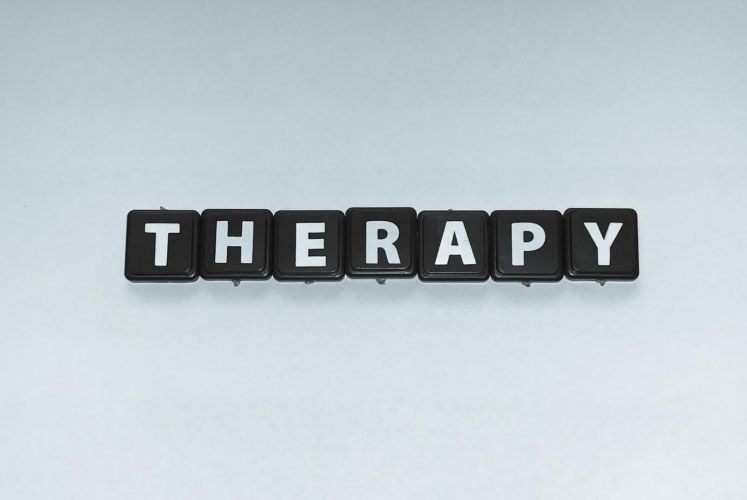How to Support a Friend Going Through Addiction Recovery

Friendship and Addiction
For people struggling with addiction, friendships often deteriorate as their addiction progresses. Addiction leads them to isolate themselves from those who knew them before. People with substance use disorder tend to form relationships based on shared substance use. In this manner, negative behaviors are reinforced. True friendships require mutual moral support and character development, something addicts struggle with due to their selfcenteredness. Building new and regaining old genuine friendships is essential for happiness and personal growth in recovery. All of this highlights the transformative power of supportive relationships.
Old friends who do not have an addiction play a crucial role in this process. They should try to be there for their friends going through recovery, reintroducing virtue back into the friendship. Through committed support and understanding, they can help their recovering friends reconnect with their former selves and reinforce positive behaviors. This renewed connection can be a powerful source of encouragement and moral support, aiding in the recovery journey and the development of strong friendships that are essential for a fulfilling life.

How to Support a Friend Going Through Addiction Recovery
There are many impactful ways to support a friend going through addiction recovery. Here, we’ll outline some of the most crucial ones.
Help Them Forgive Themselves
Learning how to practice self-forgiveness in recovery is one of the most important first steps for someone who is battling substance abuse and addiction. Many people find it difficult to forgive themselves for nearly losing control of their lives. Overcoming the guilt associated with their past behaviors requires considerable strength and time. After all, they need to accept responsibility, show genuine remorse, and restore old relationships, which is not easy.
You can play a crucial role as a friend by helping them see beyond the veil of guilt. Encouraging self-forgiveness can help them open up to the possibility of healing and rebuilding their self-esteem, paving the way for a more positive and fulfilling life in recovery.
Assist Them in Finding the Right Kind of Professional Care
If your friend's addiction recovery process requires professional supervision (as most cases do), you can support them by finding the appropriate professional help. It is best to choose a reliable and accredited treatment center that combines evidence-based therapies with experimental (holistic) approaches. These centres create individualized treatment plans to ensure that the specific needs and circumstances of the person are addressed. Combining evidence-based therapies, such as CBT (cognitive-behavioral therapy) and MAT (medicationassisted treatment), with holistic approaches like yoga, meditation, and art therapy can provide a comprehensive and well-rounded path to complete recovery.

Be Non-Judgmental and Lend a Supportive, Empathetic Ear
Individuals in recovery from substance use disorder often carry significant guilt and shame from their past, which can lead to persistent negative self-perceptions. They don't need additional judgment. Instead, offer acceptance, love, and appreciation for who they are now; avoid bringing up past mistakes or viewing them through the lens of their history. Be a supportive presence, ready to listen, and ensure your friend knows you're always there for them, especially during times of crisis
Minimize Environmental Triggers to Zero
Avoid keeping alcohol or drugs in your home. If you casually drink, do so away from your loved one in recovery. Needless to say, abstain from using drugs entirely. Also, you should store prescription medications securely, keeping them locked up and out of sight. Help your loved one avoid social situations that come with a risk of relapse; if that’s not possible, offer to accompany them to events to provide support and help them stay accountable. Be a consistent, supportive presence in their recovery journey.

Patience is Key
It's very important to remember that change is a gradual process with its fair share of ups and downs. Some of those recovering from addiction may experience a relapse within that initial year. However, the longer they stay sober, the lower their chances of relapse become. Relapsing doesn’t mean failure; it simply suggests that the treatment plan needs to be adjusted. Your loved one might face several relapses before finding the right path that helps them maintain sobriety; stability is tough for anyone to achieve. Therefore, keep supporting your loved one’s efforts to clean up and always remind them that a great number of people who once struggled with addiction or other forms of mental health challenges are now leading happy and fulfilling lives.
Conclusion
All in all, you must be ready for a challenge of supporting a friend going through addiction recovery. Understanding that relapse is a common part of recovery can help you maintain a compassionate and supportive attitude. Also, help them avoid potential triggers and encourage them to seek the right treatment plan. Remember (and always remind your friends in addiction treatment) that recovery is a gradual process. With patience, love, and support, many individuals go on to live fulfilling, substance-free lives.
Photos used:
https://unsplash.com/photos/a-couple-holding-hands-while-standing-next-to-each-other-rf5U-IXqxzg
https://unsplash.com/photos/photo-of-three-women-lifting-there-hands-tXiMrX3Gc-g
https://unsplash.com/photos/text-0yrZiZFN9g4
https://unsplash.com/photos/group-of-people-tossing-wine-glass-tAH2cA_BL5g
References:

















